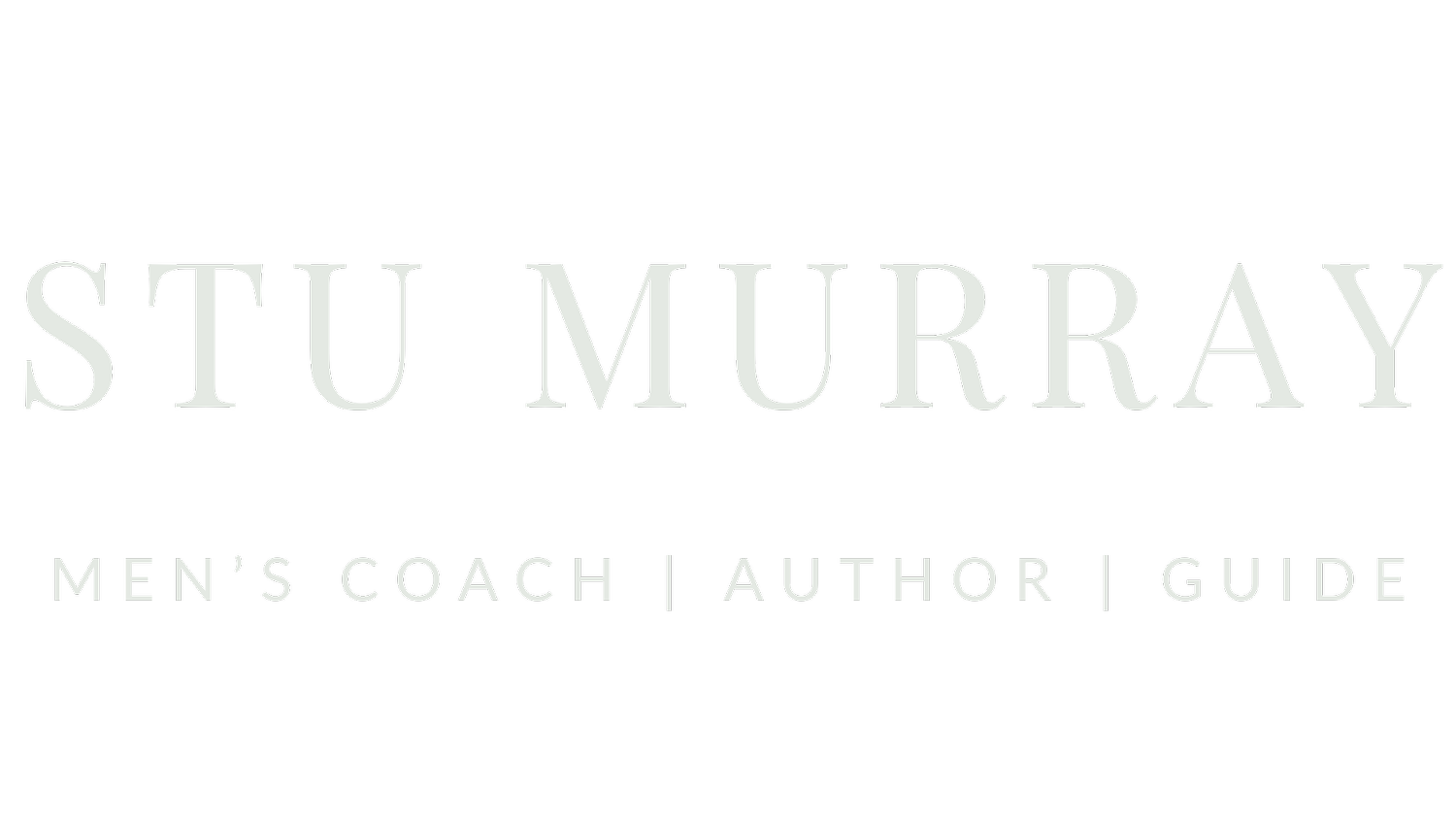Follow Your Fuck Yes Part 1: The Paradox of Choice
The Paradox of Choice
The industrial age brought with it the promise of comfort and convenience. With the growing prevalence and accessibility of intelligent machines to automate human tasks, we should have more time and less stress than ever before. However, the majority of people are busier and more unhealthy than any other time in human history. Why is this so?
Clearly, this question is multifaceted with many intersecting social, political, and environmental influences. I won’t attempt to take on this mammoth, but a bite I’ve been chewing on recently is the paradox of choice.
The paradox of choice stipulates that while we might believe being presented with multiple options actually makes it easier to choose one we are happy with, having an abundance of options actually requires more effort to make a decision and often leaves us feeling unsatisfied with our choice.
When the number of choices increases, so does the difficulty of knowing what is best. Instead of increasing our freedom to have what we want, the paradox of choice suggests that having too many choices actually limits our freedom.
While it is easy to choose option A if there is only option B, it becomes much harder to gauge the value and utility of A when there are options A-Z. As a result, we encounter a choice overload and become more dissatisfied with the choice that we eventually make.
The paradox of choice is not only a concern for economics and consumer satisfaction but an issue that is popping up in many areas of our lives as our possibilities come nearer and nearer to being endless. Moreover, the internet and social media has made it easier for us to see all the different options that are available to us, no longer having to physically stand in a store to determine what our options are.
We are inundated – virtually at all times – with subliminal marketing tactics that remind us ‘we are not enough’ and convince us some thing (clothing, cars, house, technology, software… a.k.a. more stuff) will make it better.
The source of our ‘not enoughness’ (or insert whatever modern day problem) is directed toward our external world. “If I just had… “.
Another Way
What would happen if we turned off our endless notifications, went for a walk in the woods, and took a few deep breaths? Maybe there’s a sliver of spaciousness that arises within us – sometimes even a profound shift in our attention and awareness.
If all it took to ease the pressure of the perpetual ‘not enoughness’ – binding us like an existential straight jacket – was this simple activity, then maybe it’s time to re-evaluate the source of our struggle. Maybe it isn’t more that will bring us salvation. What if it is simply a shift in perspective?
When we have a problem in our lives… think more.
When we want to bring about a certain change… do more.
When we feel something is missing in our lives… buy more.
Why is our default to ADD more?
What if the answer was to SUBTRACT?
Less, but Better
I’ve been on a journey to explore this in my personal life. My curiosity was piqued after reading Essentialism, by Greg McKeown.
The following are core tenets of Essentialism:
Essentialism is about choosing the vital few from the trivial many.
To make the highest contribution towards the things that really matter, you need to stop trying to do everything and saying yes to everyone.
If you don’t prioritize your life, someone else will.
The more options we have, the more we feel distracted from what could be our highest level of contribution.
Success can be a catalyst for failure. Avoid the undisciplined pursuit of more. Master the disciplined pursuit to less, but better.
The non-essentialist approach is the unconscious modus operandi of today’s zeitgeist. It is so pervasive and baked into our day-to-day life that we have become completely blind to its tantalizing allure.
The beauty is, we can. But not by doing or having more. The power lies in shifting our perspective. Greg McKeown provided a philosophy for this in his book Essentialism, which has sent me on a mission to de-program the cultural conditioning of frantic busyness and constant overwhelm, and replace it with radical simplicity and conscious choice.
This has led to profound personal breakthroughs, both pragmatic and spiritual.
If this piqued your curiosity at all, I’ll unpack the pragmatic and spiritual shifts I’ve experienced in “Follow Your Fuck Yes” Part 2 and 3.


